As patients, we have an expectation that our physicians will advise us on the best pharmaceutical drugs for our healthcare needs. The responsibility to ensure that patients receive the best quality generic or brand name drugs falls to our local pharmacists, who are legally bound to safely dispense medication through strict controls.
What happens when the chain of reasonable responsibility regarding safe pharmaceuticals is broken? The problem with counterfeit drugs has been publicized in the media for years, but consumers still are not always aware of the risks, or how authentic drugs can be replaced with artificial medications. In this article, we will touch on the growing issue of counterfeit drugs, and how they get into the hands of the public through various channels.
For the public, awareness is key to avoid being fraudulently dispensed illegal medications, which may do much more health harm than good (regardless of cost savings). We will also discuss some red-flag indicators that can help consumers protect themselves from counterfeit drugs.
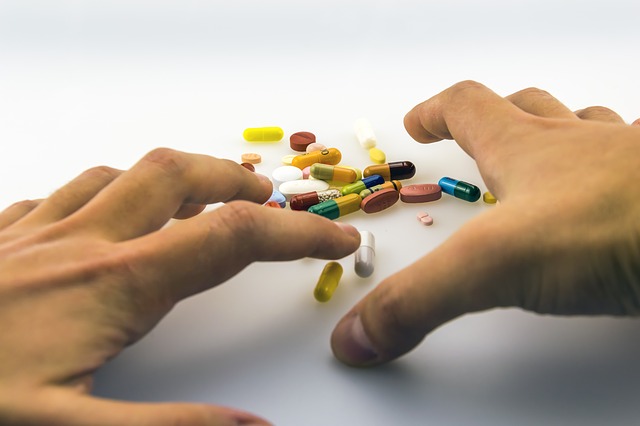
The Definition of Counterfeit Drugs
Pharmaceuticals are highly regulated in North America, but subject to black market imports that put buyers in the United States at significant health risks. Not all pharmaceuticals that are counterfeit are compounded in manufacturing facilities overseas; there are ample cases of artificial drugs compounded at small pharmacies across America.
A counterfeit pharmaceutical may:
- Contain the wrong ingredients.
- Contain a lower dose of the essential active ingredients.
- Contain no active ingredients at all (i.e., placebo).
How serious is the health risk for American’s who may unwillingly be dispensed counterfeit drugs? Imagine for an instant that your body requires a certain dosage of an active ingredient to ensure the regulation of your heart rate. Or perhaps, an amount of pain relief is expected from a single capsule. If the amount of medicinal relief or performance is not realized from every prescription pill you take, additional complications and health risks occur.
From wrongful death to heart attacks, poor response to oral medications for cancer therapy, or increased pain and discomfort, the list of viable health risks is extensive when a patient receives a counterfeit drug. Fatalities are also common, but more pronounced in countries like China and India, where drug regulations are very liberal or non-existent.
How the High-Cost of Medications Encourages Illegal Manufacturing
In the United States, finding affordable healthcare insurance remains a challenge, particularly for individuals who are self-employed – including small business owners, and those who are required to source their own healthcare premiums, without the benefit of discounted cost through an employer group plan.
Few affordable personal health insurance plans offer a discount on prescription medications. According to one recent survey, the average American spends approximately $1,370 per year on prescription medications. It is a cost that is expected to increase as prescription medication prices continue to escalate rapidly at a time when the average age of residents in the United States continues to accelerate, with seniors over the age of 65 representing 14 percent of the population.
The combination of an increased demand for prescription drugs due to aging populations and health care needs, and the escalating prices of many essential pharmaceuticals needed for chronic health conditions, mental health, or pain relief creates a significant vacuum that has led many Americans to seek more affordable medications by whatever means possible.
Counterfeit Drugs and Internet Sales
The international security organization Interpol has a program called “Operation Pangea.” The role of the program and taskforce is to track down, arrest, and seize manufacturers of counterfeit drugs worldwide, and to assist internationally to reduce the distribution of illegal prescription drugs.
In 2011, the task force seized 2.4 million counterfeit pills; however, in 2015, the number of arrests and pharmaceutical seizures had jumped to 20.7 million. The figure continues to increase annually, with legal teams addressing drug manufacturing cases to reduce the global health risk to patients. It is estimated that the counterfeit prescription drug global industry is worth over $100 billion dollars per year.
The Pharmaceutical Safety Institute (PSI) indicated that metabolism-related drugs have the highest rate of counterfeit. With the growing global diagnoses rate of Type I and Type II diabetes, therapeutic drugs and supplies to treat the condition remain in high-demand for prescription drug counterfeiters.
The World Health Organization (WHO) revealed that the following drugs were popular targets by organized crime syndicates that manufacture counterfeit versions of some of the most demanded prescription medications:
- Lipitor (cholesterol)
- Zyprexa (anti-psychotic)
- Ambien (insomnia)
- Xanax (anti-anxiety/depression)
- Lexapro (anti-anxiety/depression)
- Ativan (anti-anxiety)
Cost is frequently a factor for Americans who go online to find more affordable drugs. It is a concern because the average American, while compelled to find a prescription rate they can afford for long-term use, is unaware of the integrity of the drug they are purchasing online. Whether for psychiatric or medical needs, the risk for health and other complications is high when unverified drugs are bought online.
What Consumers Should Watch For
Everyone loves to save money, and for some, finding the most affordable source of prescription medications can mean a matter of life and death. However, the first red-flag that consumers should be aware of is the fact that purchasing prescriptions online from another country without a prescription and the supervision of your pharmacist is illegal. There is no way to validate the content of the ‘medications’ you are receiving, nor any possible drug or health interactions that may occur because of additives or substitute ingredients.
Price is generally the most effective way to warrant whether a drug is legitimate or not. Saving money on a prescription medication that can exacerbate your condition is not saving money in the long run; wrongful death does occur for patients who purchase unverified medications.
There are many programs that offer rebates on prescription medications, including discount cards that can significantly decrease the cost at the pharmacy. Additionally, you can talk to your doctor about other generic drugs that are more affordable as alternatives.





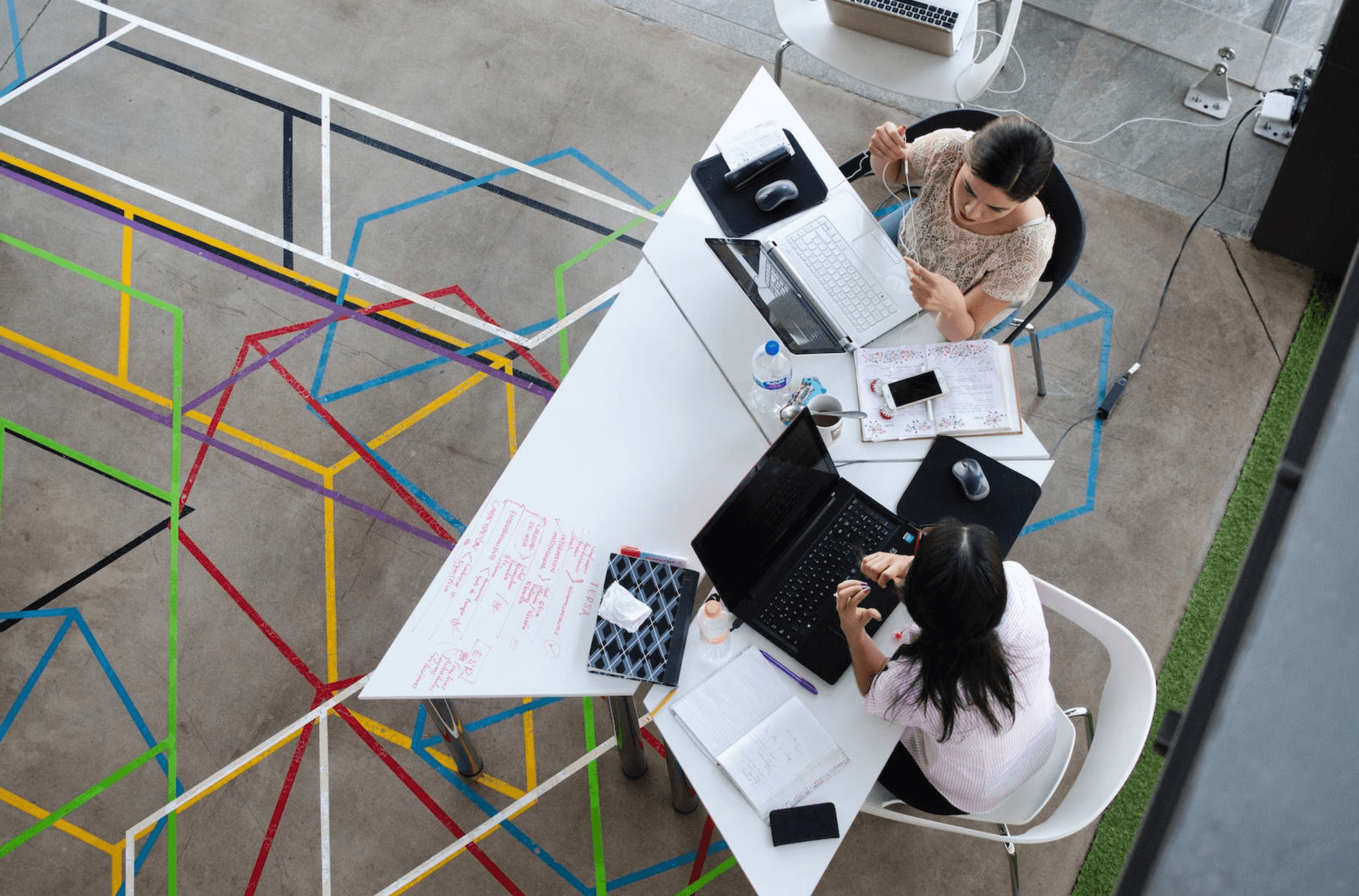





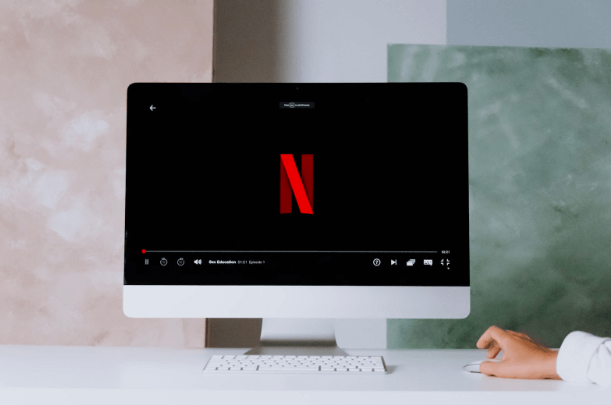
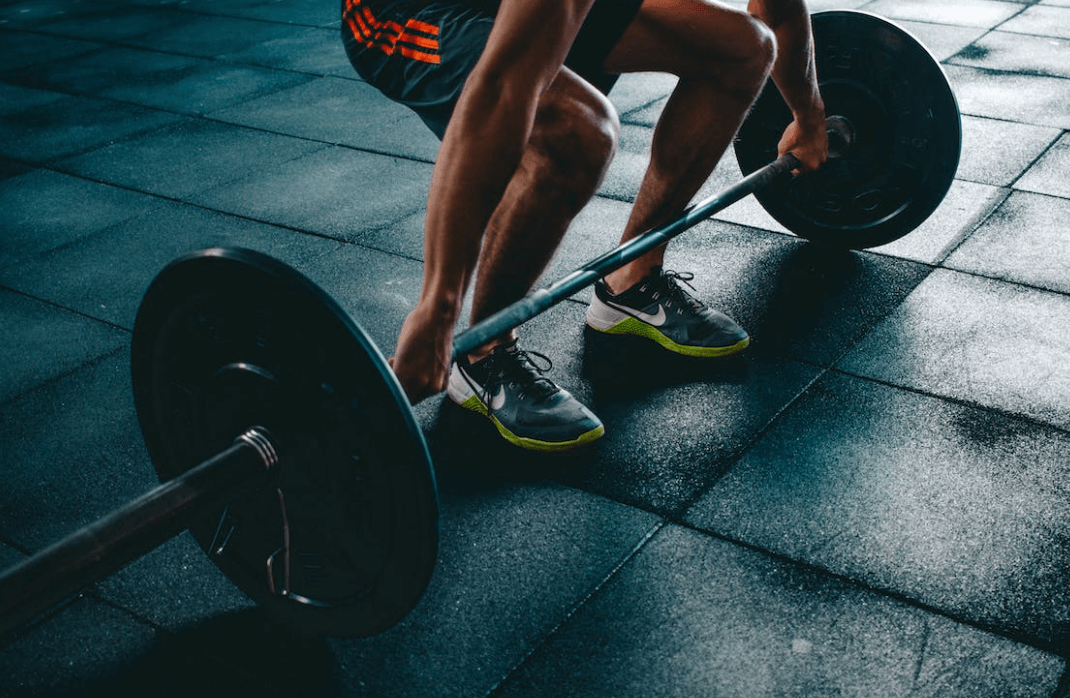









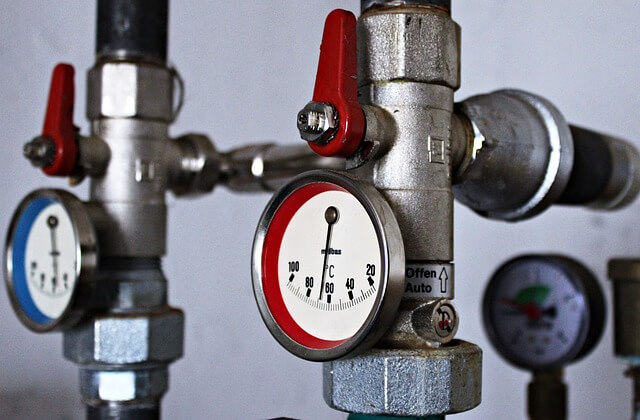
Leave a Reply